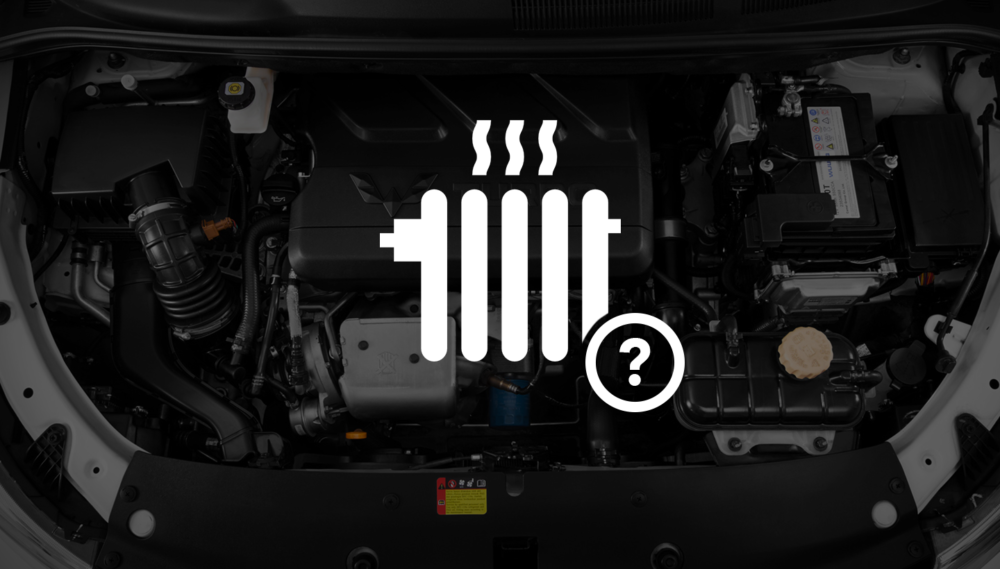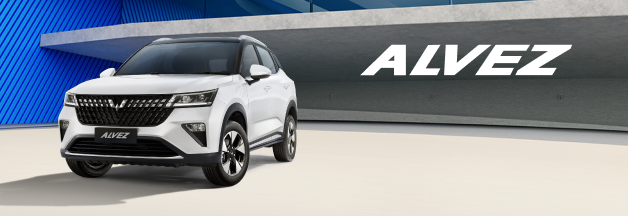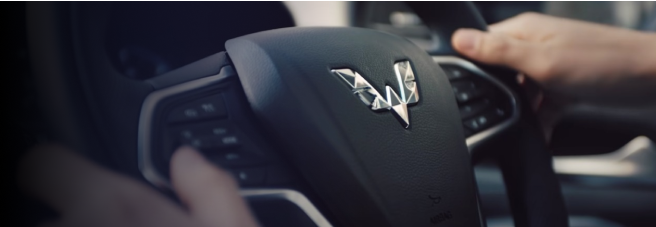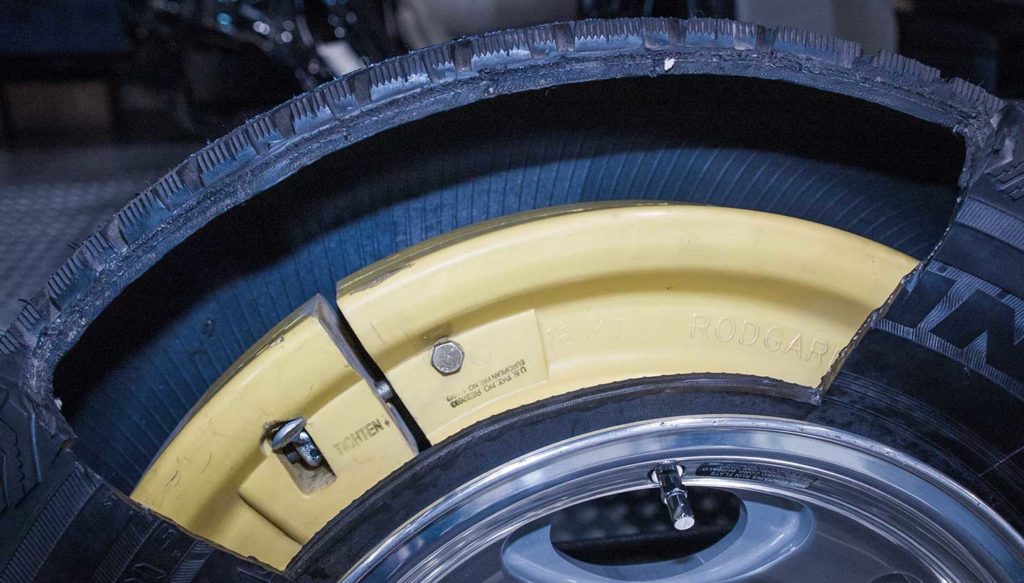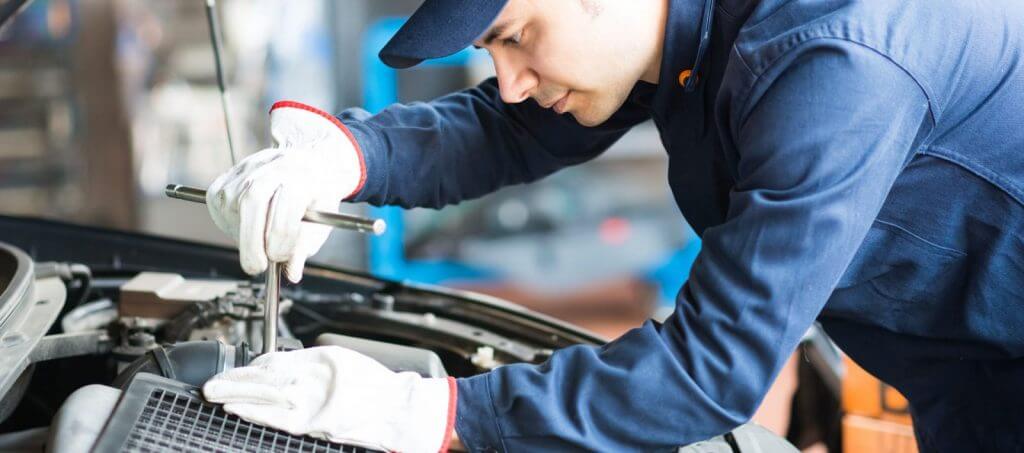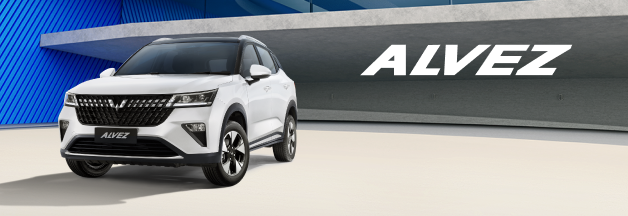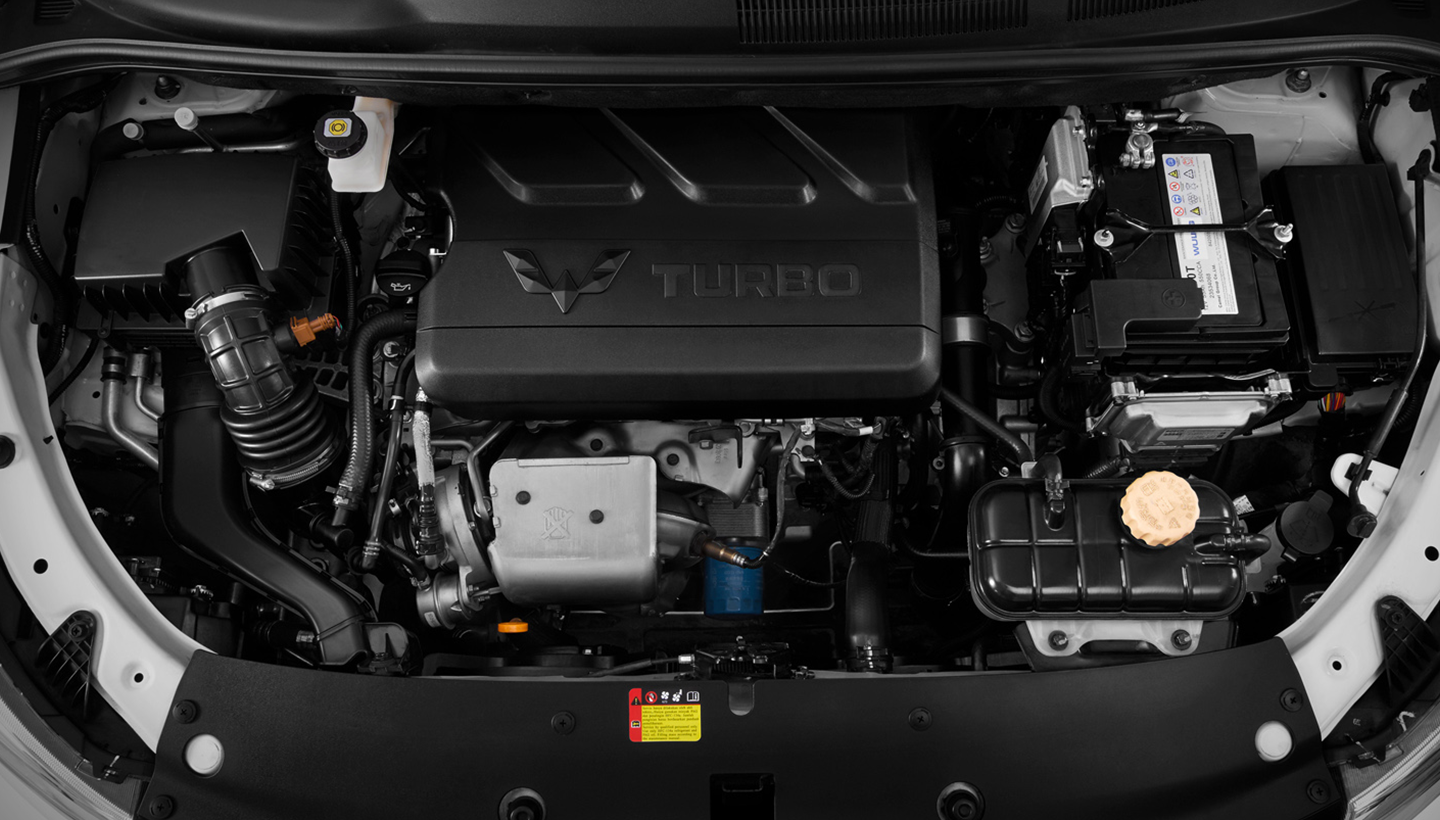
In the world of automotive engineering, radiator water plays a vital role in maintaining the engine's temperature. The radiator water functions to dissipate the excess heat generated by the engine while the car is in motion. However, unexpected conditions can sometimes cause the car's radiator water to boil or even spill from the reserve tank.
When a car's radiator water boils, it signals a problem with the engine's cooling system, which can have adverse effects on the engine's performance and health. If left unattended, continuously boiling radiator water can lead to engine overheating, cylinder head gasket damage, corrosion, or even a fire.
Why does this happen? How can you address this issue if it occurs on the road? This article will delve into the common causes of car radiator water boiling and provide a step-by-step guide on how to address it.
What Causes Radiator Water to Boil?
The radiator water works by flowing through channels inside the engine block and then into the radiator, where its heat is dissipated by fans and external air. The radiator water then returns to the engine to repeat the cooling process.
So, is it normal for radiator water to boil? When your car's radiator water boils, it can be a sign of an issue that requires attention. Here are some factors that can cause radiator water to boil and spew out:
1. Leaky Cylinder Head Gasket
The cylinder head gasket is a seal that prevents leaks between the engine block and the cylinder head. If the cylinder head gasket is leaking or damaged, the compression pressure from the combustion chamber can enter the engine's cooling channels, creating air bubbles or foam in the radiator water.
These air bubbles can disrupt the circulation of radiator water and increase pressure within the cooling system. Consequently, the radiator water can boil or overflow from the radiator cap.
2. Damaged Radiator Cap
The radiator cap is a component that maintains optimal pressure and temperature in the radiator water. The radiator cap has three independent seals: the main seal, the pressure seal, and the return seal.
Baca Juga
If any of these seals are damaged or worn out, the radiator cap can’t seal properly, resulting in air or coolant leakage. This can lower the pressure and temperature of the radiator water, causing it to boil or spew out of the radiator cap. Additionally, if it doesn't function optimally, this radiator water can lead to corrosion in the engine compartment.
3. Blocked Radiator Fan
The radiator fan's role is to aid in the cooling process by blowing cool air onto the radiator's fins. The radiator fan typically operates automatically based on the engine's temperature or manually using a dashboard switch.
If the radiator fan is obstructed or malfunctioning, the cooling process of the radiator water may not work efficiently, especially when the car is stationary or moving slowly. This can cause the radiator water to become hot and boil.
4. Faulty Water Pump
The water pump, also known as the coolant pump, is responsible for circulating radiator water from the radiator to the engine and back. The water pump is usually driven by a fan belt or timing belt connected to the engine's crankshaft.
If the water pump is damaged or worn out, it can hinder or disrupt the flow of radiator water. This can result in inadequate cooling of the engine, causing the radiator water to become hot and boil.
5. Thermostat Malfunction
The thermostat is a component that regulates the flow of coolant into the engine based on temperature. If the thermostat is faulty or stuck in the closed position, it can obstruct coolant flow, leading to increased engine temperature and boiling radiator water.
6. Coolant Depletion
Coolant, also known as radiator fluid, is a specialized liquid used to fill the car's radiator. Coolant possesses properties like rust prevention, anti-freeze, and anti-boil, which protect the engine's cooling system from damage due to extreme temperatures. If the coolant is depleted or insufficient, the radiator water may not effectively cool the engine, resulting in overheating and boiling.
7. Engine Overheating
Radiator water boiling can also occur due to excessive engine heat. Overheating can stem from various factors affecting radiator performance. As a preventive measure, vehicle owners can monitor the engine's temperature through a temperature indicator located on the dashboard. If the engine temperature appears higher than usual, it is highly recommended to promptly check for potential serious engine damage.
Baca Juga
Aside from issues with the radiator fan, low coolant levels, and thermostat failure, other common triggers of engine overheating include radiator blockages or contamination, a worn-out water pump, and blockages in the coolant flow path within the radiator.
How to Solve Boiling Car Radiator Water
There's no need to panic if you encounter a situation where your car's radiator water is boiling or spewing. Here are the steps you can take to address this situation:
1. Stop in a Safe Place
If you notice a drastic rise in the temperature indicator while driving or feel that the radiator water has boiled, immediately pull over to a safe location and turn off the vehicle's engine. Do not attempt to open the radiator cap or touch it directly, as the high-temperature radiator water can be dangerous.
2. Let the Engine Cool.
Wait for some time until the engine cools down completely before attempting to address the issue. Opening the radiator cap when it's hot can cause high pressure and result in the release of scalding water.
3. Check the Coolant Level.
After the engine has cooled, check the coolant level in the reservoir tank. If the coolant level is low, add coolant until it reaches the recommended level indicated on the tank.
4. Inspect the Radiator Fan.
Ensure that the radiator fan is functioning correctly. You can check this by starting the engine and observing whether the fan starts spinning when the engine begins to heat up. If the fan doesn't spin, inspect it for dirt, rust, or broken wires that might hinder its performance.
You can also take your car to a mechanic to check for motor, relay, or sensor issues with the radiator fan. If any problems are found, you can replace the faulty components.
5. Examine the Thermostat.
If you have mechanical knowledge about cars, you can check the condition of the thermostat. Make sure the thermostat isn't stuck and is functioning correctly. Check the thermostat's condition by removing it from its housing and immersing it in boiling water. If the thermostat opens when exposed to boiling water, it's still good. If it remains closed, it's faulty and needs replacement. However, if you're unsure, it's best to seek assistance from an expert.
6. Inspect the Radiator and Water Pump.
Check the radiator for signs of clogging or damage. Also, ensure that the water pump is operating correctly. You can take your car to a mechanic for radiator flushing using a specialized solution to dissolve dirt, rust, deposits, or scale inside the radiator. You can also flush the radiator yourself using clean water and mild soap, taking care not to damage the radiator fins.
7. Clean the Cooling System.
If you suspect there's a blockage in the cooling system, consider cleaning it. This can be done using a specialized cleaning solution or by taking your car to a competent mechanic.
8. Avoid Driving if the Problem Persists.
After taking initial measures, if the issue continues, refrain from driving with boiling radiator water. Call for assistance or have your vehicle towed to the nearest repair shop using a tow truck.
Boiling radiator water can be a serious and dangerous issue if not handled correctly. If you're uncertain or lack knowledge about car repairs, it's advisable to seek assistance from a professional mechanic to address this problem. Good prevention and maintenance practices are key to keeping your car's cooling system optimal and preventing boiling radiator water issues from occurring.
How to Maintain Car Radiator Water to Prevent Boiling
Prevention is always better than dealing with problems after they occur. To keep your car's radiator water functioning optimally and prevent it from boiling, consider these maintenance steps:
- Regularly inspect the radiator's condition. Periodically check the condition of your car's radiator. Ensure that the radiator's water level and quality are in line with the manufacturer's recommendations. A dirty or clogged radiator can obstruct coolant flow and lead to elevated engine temperatures. Clean the radiator from dirt or dust regularly using a gentle pressure spray or a soft brush.
- Replace faulty thermostats. Thermostats are responsible for regulating the opening and closing of the valve to control the coolant's temperature in the engine. If the thermostat is defective or stuck, causing the valve to remain open, it can disrupt coolant circulation and result in increased engine temperature.
- Repair or replace faulty radiator fans. Make sure the radiator fan is functioning correctly. If you notice that the fan isn't turning when the engine is hot, promptly check or replace the malfunctioning fan. The radiator fan plays a crucial role in cooling the coolant when the engine temperature rises.
- Check and replace leaky cylinder head gaskets. Examine and replace damaged cylinder head gaskets. These gaskets are positioned between the engine block and the cylinder head to prevent leaks. If a cylinder head gasket is leaking, combustion gasses can enter the cooling system, causing air bubbles or foam in the expansion reservoir. This reduces the water pump's ability to circulate coolant and leads to increased engine temperature.
- Inspect and replace damaged seals. Seals are components that seal and cover gaps between cooling system components. If seals are damaged, air can leak into the cooling system, leading to reduced internal pressure.
- Avoid excessive engine use. Refrain from driving at high speeds, on steep inclines, or in heavy traffic for extended periods, as this can increase the engine's workload and generate excess heat. If you notice the engine temperature beginning to rise, stop at a safe location and let the engine cool down.
- Prevent Impact or Damage to the Radiator. Radiator damage or leaks can disrupt coolant circulation and lead to engine temperature issues. Park your vehicle carefully and avoid roads with debris or hard objects.
Don't neglect routine vehicle maintenance. In addition to the cooling system, ensure you regularly inspect other systems, like the lubrication and combustion systems. Comprehensive maintenance will help prevent various problems, including the causes of boiling radiator water.
By performing proper and regular maintenance, you can keep your car's cooling system healthy, prevent boiling radiator water problems, and ensure your journeys are always smooth and safe.
SHARE:







